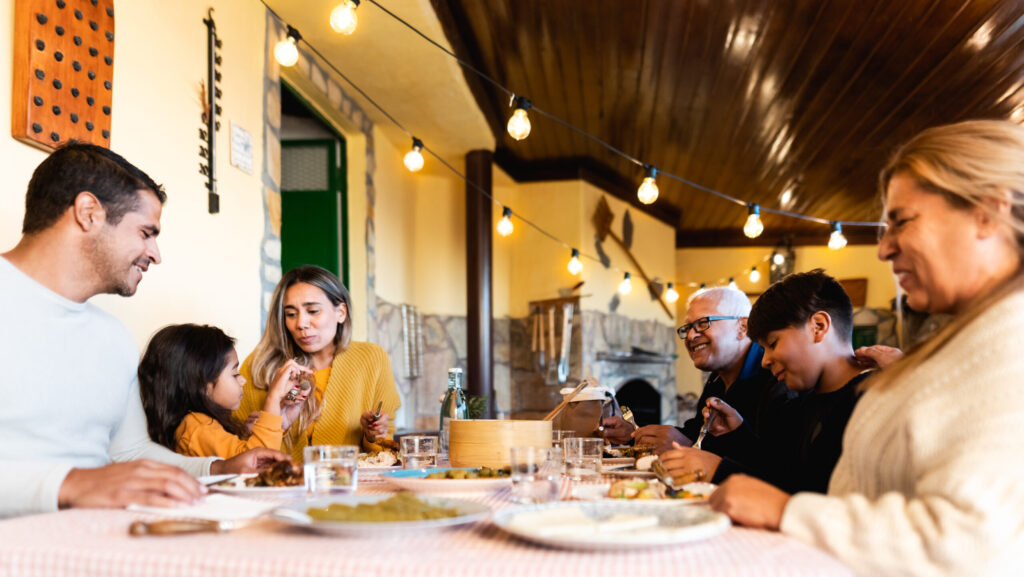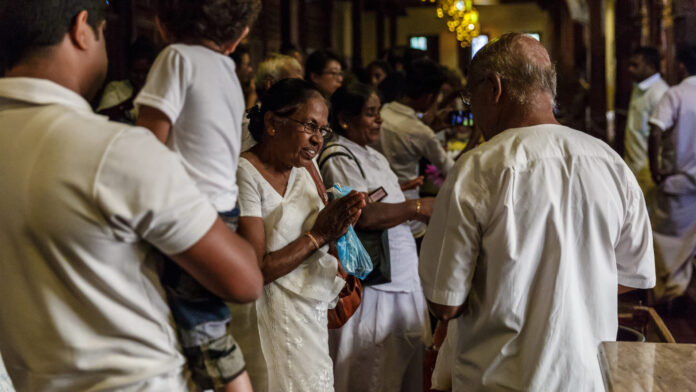By The Frontpage Journal
Sri Lankan hospitality is renowned for its genuine warmth, generosity, and respect—qualities deeply embedded in the island’s culture and daily life. Known locally as “Ayubowan” or the wish for a long life, the spirit of hospitality extends beyond formal greetings into an entire way of treating guests, friends, and even strangers with kindness and honor. This art of welcoming reflects centuries of tradition, religious values, and social customs that continue to define Sri Lankan identity.
At the heart of Sri Lankan hospitality is the concept of “maitri,” meaning friendship and goodwill. Whether in homes, workplaces, or public spaces, people strive to make visitors feel comfortable and valued. The simple act of offering tea is a hallmark of this approach. Serving a cup of sweet, milky tea—prepared with care and often accompanied by homemade snacks—is a gesture symbolizing openness and connection. It is almost a ritual, expressing the host’s respect and desire to share.
Social etiquette plays a vital role in hospitality. Guests are typically greeted with a traditional gesture, joining palms together at chest level and saying “Ayubowan.” This greeting conveys respect and blessing. When invited to a home, removing shoes before entering is customary, reflecting cleanliness and reverence. Hosts often go to great lengths to ensure guests’ needs are met, offering food, comfortable seating, and thoughtful conversation.
Hospitality in Sri Lanka also embraces generosity in sharing resources, especially during festivals, weddings, and religious ceremonies. Large communal meals are prepared to welcome visitors, neighbors, and even strangers. Food is served with pride and abundance, often featuring an array of curries, rice dishes, and sweets that showcase regional flavors. Refusing an offer is considered impolite, as sharing food symbolizes trust and community.

The influence of religion—Buddhism, Hinduism, Islam, and Christianity—adds layers of meaning to hospitality customs. The teachings of compassion, selflessness, and service guide many interactions. Temples and religious gatherings often provide free food or accommodation to pilgrims and travelers, reinforcing the culture of care.
In urban settings, the essence of traditional hospitality adapts to fast-paced lifestyles but remains visible in small acts—helping a visitor with directions, offering a smile, or inviting someone for tea. Businesses, especially in tourism and service sectors, emphasize personalized care, recognizing the importance of making guests feel welcomed.
For foreigners, experiencing Sri Lankan hospitality offers a memorable insight into the island’s soul. Beyond material comforts, it is the warmth, respect, and genuine human connection that leave lasting impressions. Visitors often speak of the friendliness and generosity encountered even in unexpected moments.
For locals, hospitality is not just a social expectation but a source of pride and cultural identity. It reinforces social bonds, nurtures community, and embodies values passed down through generations.
The art of Sri Lankan hospitality is a living tradition that transforms everyday interactions into moments of kindness and connection. It reminds us that true hospitality is about opening hearts as much as doors, welcoming others as family, and celebrating the shared humanity that unites us all.




